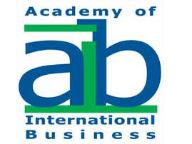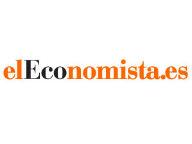Faculty News
—
Professor Anindya Ghose discusses Apple's new iPhone 7
—

Excerpt from Marketplace -- "The release of a seemingly lackluster version could also end up benefitting Apple in at least one way, according to Anindya Ghose, a professor of information technology at NYU’s Stern School of Business. 'It’s a very smart experiment by Apple to test the true extent of their loyal base,' Ghose said. 'Sometimes, in the long scheme of things, these price experimentations are a great way for a company — even as brilliant as Apple — to be able to infer market appetite for future renditions of the same product.'"
Faculty News
—

Excerpt from Marketplace -- "The release of a seemingly lackluster version could also end up benefitting Apple in at least one way, according to Anindya Ghose, a professor of information technology at NYU’s Stern School of Business. 'It’s a very smart experiment by Apple to test the true extent of their loyal base,' Ghose said. 'Sometimes, in the long scheme of things, these price experimentations are a great way for a company — even as brilliant as Apple — to be able to infer market appetite for future renditions of the same product.'"





















